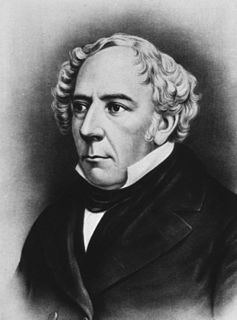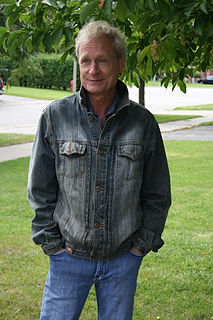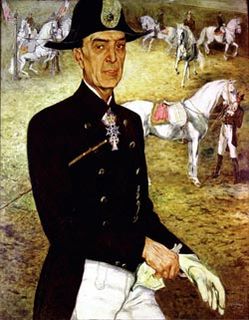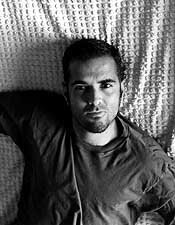A Quote by Jeremy Hardy
Capitalism is a great idea in theory, but in practice it just doesn't work.
Quote Topics
Related Quotes
It's the disease of thinking that a having a great idea is really 90% of the work. And if you just tell people, 'here's this great idea,' then of course they can go off and make it happen. The problem with that is that there's a tremendous amount of craftsmanship between a having a great idea and having a great product.
Every time I say the word capitalism, everyone just assumes I have plenty of Marxism in me, I do. But Russia and China had their bloody revolutions and even while they were Communist, they had the same idea about generating wealth - tear it out of the bowels of the earth. And now they have come out with the same idea in the end... you know, capitalism. But capitalism will fail, too.
We've now become conscious of the uncalculated social, economic, and environmental costs of that kind of "unconscious" capitalism. And many are beginning to practice a form of "conscious capitalism," which involves integrity and higher standards, and in which companies are responsible not just to shareholders, but also to employees, consumers, suppliers, and communities. Some call it "stakeholder capitalism."
I'd be the first to agree that capitalism bestows its blessings unevenly. But that wouldn't persuade me to think it was a good idea to do away with those blessings in their entirety. That said, there is lots of work to be done to make capitalism work better, and to broaden its blessings far more widely not only in America, but all over the globe.
After reading The Great Transformation by Karl Polanyi, I realized that capitalism did not naturally grow as [Karl] Marx would imply by his theory of historical materialism. People were dragged into capitalism screaming, shouting, and fighting all along the way, trying to resist this industrial and commercial world.

































